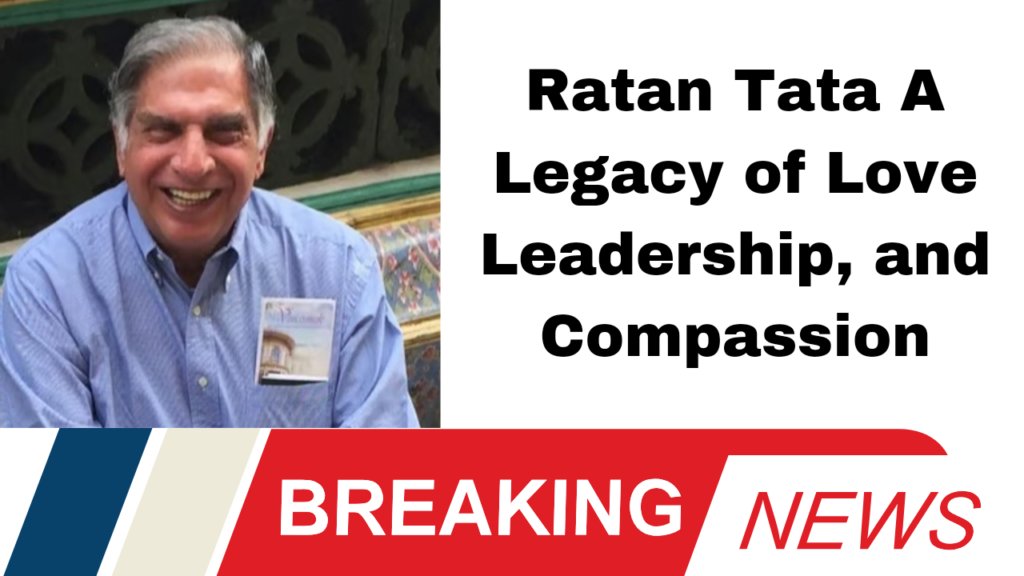Ratan Tata, one of India’s most revered industrialists and philanthropists, passed away last night at the age of 86. His contributions to the Indian economy and society have left an indelible mark, and his death has plunged the nation into deep mourning. Tata had been undergoing treatment at Mumbai’s Breach Candy Hospital, and just days earlier, he assured his followers via social media that he was in good health.
Personal Life and Relationships
Ratan Tata’s personal life was as compelling as his professional journey. Despite falling in love four times, he never married. In a candid interview, he reflected on these experiences, revealing that he backed out of marriage each time due to various circumstances. Notably, while working in Los Angeles, he developed feelings for a woman but had to return to India for family reasons, preventing the relationship from progressing. His choice to remain unmarried highlights his dedication to his work and personal philosophy.
Early Life and Education
Born on December 28, 1937, in Surat, Gujarat, Ratan Tata faced numerous challenges from a young age. After his parents separated when he was just 10 years old, he was raised by his grandmother, Navajbai Tata. His early education took place at Campion School in Mumbai, followed by Cathedral and John Connon School and Bishop Cotton School in Shimla. He later pursued degrees in architecture from Riverdale Country School in New York and Cornell University, along with business studies at Harvard Business School.
Transforming the Tata Group
Ratan Tata began his career with the Tata Group, founded by his family. In 1991, he took over as chairman after J.R.D. Tata’s retirement. Under his visionary leadership, the Tata Group achieved remarkable milestones, including international acquisitions such as Jaguar Land Rover, Tetley Tea, and Corus. He expanded the group’s presence to over 100 countries, establishing it as a global brand.
Innovations for the Common Man
Among his many initiatives, the launch of the Tata Nano during his tenure aimed to provide affordable transportation to the common Indian. Though the car did not achieve commercial success, the project underscored Tata’s commitment to addressing the needs of everyday people.
Commitment to Social Welfare
Beyond his business acumen, Ratan Tata was also a dedicated social worker. Under his guidance, the Tata Group made significant contributions to education, healthcare, and rural development. Through Tata Trusts, he championed numerous welfare schemes for underprivileged communities. For his exceptional contributions, he was honored with two of India’s highest civilian awards: the Padma Bhushan in 2000 and the Padma Vibhushan in 2008.
Ratan Tata’s life, characterized by his commitment to both industry and social welfare, reflects a unique blend of leadership and humility. His legacy will continue to inspire future generations in both the business world and beyond.











More Stories
Netanyahu Under Fire as Leaked Documents Scandal and Hostage Crisis Deepen
Mount Fuji’s Snowless Peak A Sign of Climate Change and Japan’s Cultural Icon in Crisis
Malik Mumbai’s 15 Crore Monthly Income ‘Haar Meri Jeet Apki Offer’ for WBBL 2024 Your Guaranteed Win or Refund!